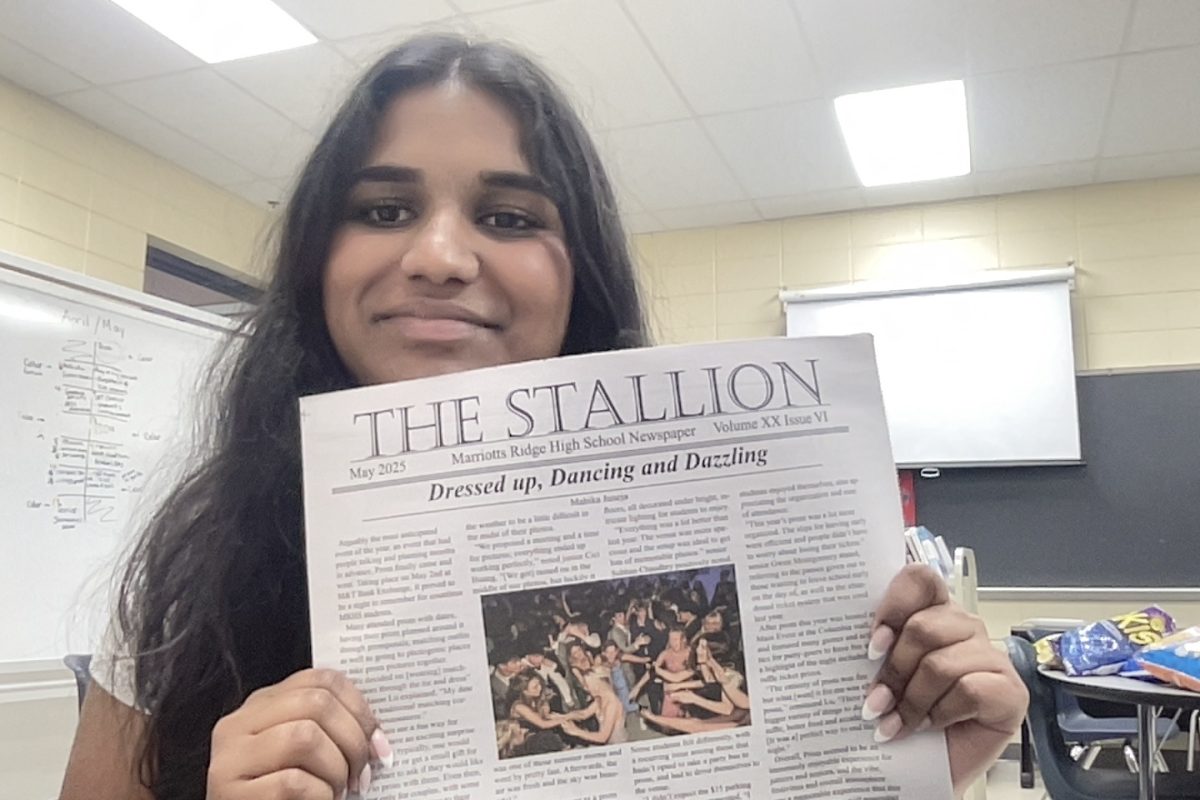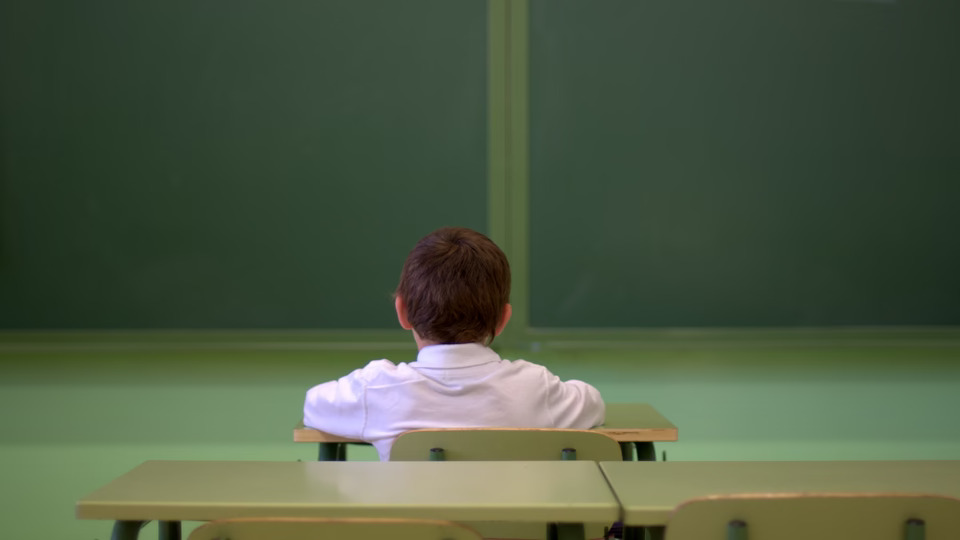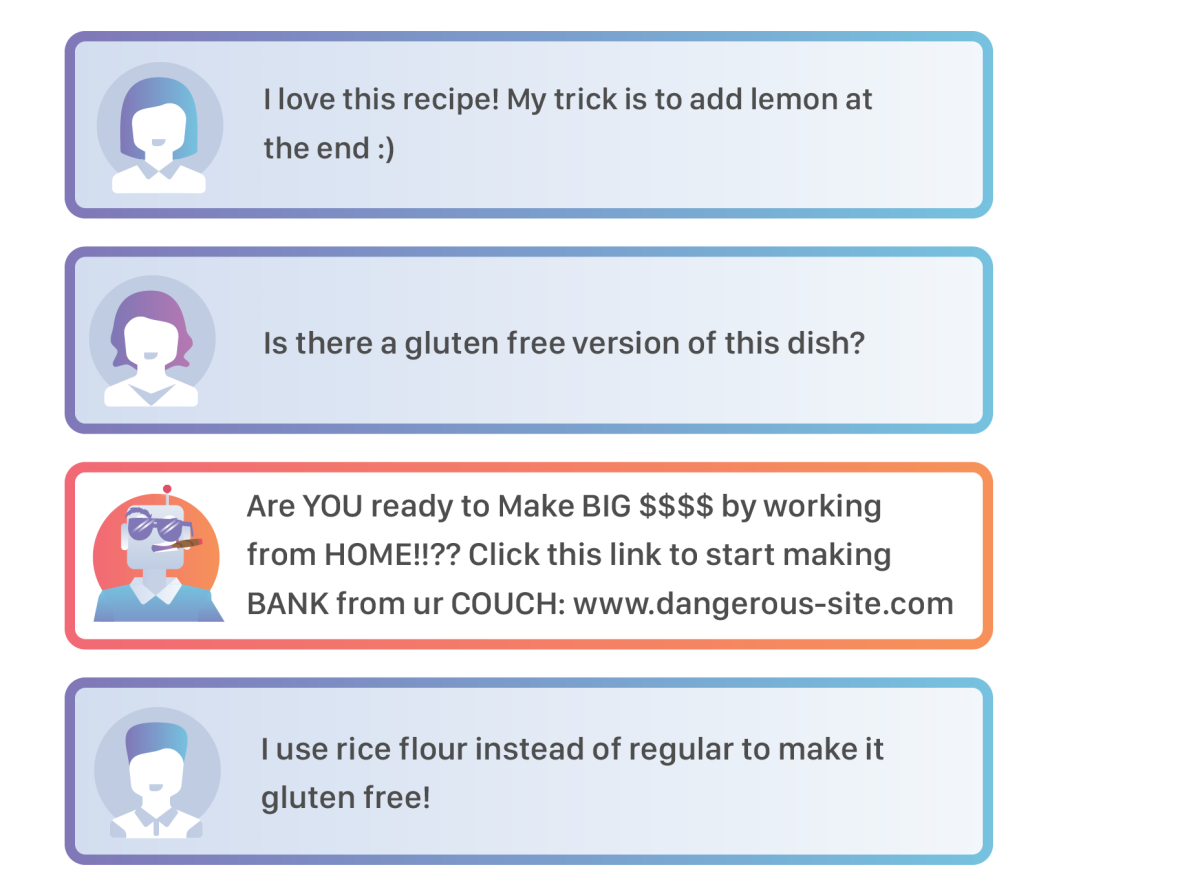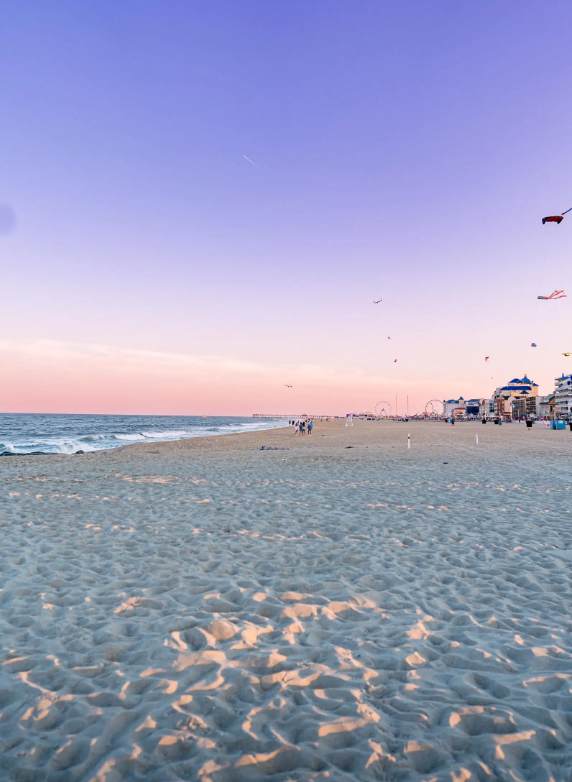Interpersonal communication enables the creation of potentially long-lasting relationships and manifests itself in a plethora of forms. Social interaction can be positive, but on other occasions, it might instead be negative. Recently, the world has witnessed an increase in negative behavior. This phenomenon affects the vast majority of people, since societal interaction is at the core of most people’s everyday lives.
Social media has substantially contributed to the surge of spiteful treatment. Before the existence of apps such as Instagram, bullies were held more accountable for their actions, because anyone present at the event could report them. Whereas, in modern times, bullies are able to leverage the use of social media because of their anonymity. They can hide behind the security of their accounts, knowing they will face little to no consequences. When an offense remains unpunished, it is likely to be repeated.
Many people tend to seek conformity; should those in their community mistreat others, it is easy for some to give into the deep-rooted desire to be liked or to appear similar to those they frequently surround themselves with and end up falling into the same aggressive habits. Similarly, suppose the popular cohort in a community frequently inflicts physical or emotional harm upon those around them. In that case, the cohort of lesser popularity might misguidedly think they must do the same to become as popular as their peers. One may perceive bullying as socially acceptable and become desentized to its negative societal impacts.
Due to the stigmatization of mental health, treating others poorly sometimes serves as a means for one to express their problems. In situations of unease, someone could resort to taking their issues out on others instead of dealing with these troubles in a healthy manner, which is often preferred because, in contrast with coping mechanisms like therapy, it does not make them feel exposed.
“People are afraid to speak up about their mental health because they do not want other people to think of them differently,” senior Nick Wagner recognized.
Emotions are complex, and for some, hard to express; those who struggle to express themselves, potentially due to the vulnerability it requires, may lack the emotional intelligence necessary to convey themselves through any means aside from putting others down.
“People don’t want to be vulnerable because they feel like they can be taken advantage of; it’s easier to be defensive,” junior Jihoon Kang staged.
Aggression does not necessarily have to be directed towards a stranger.
In fact, many people tend to find hostility most commonly within social circles among family or friends. In a society that values individualism, where people are taught to be self-reliant, forming deeper bonds and connections with others can prove to be a struggle For many, friendships can even begin to feel unnaturally transactional.
“Sometimes, when there’s built up resentment in a friendship, it can be hard to let the other person go because of the other benefits they provide,” junior Remi Pi explained, “they’ll end up dragging the relationship along.”
The increasing use of social media provides people with constant access to each other, and therefore, almost constant connection. However, rather than strengthening bonds, social media can tend to weaken friendships by abandoning the extent of intimacy and authenticity achieved best by having real-life experiences with others. As such, with many people detached from their social circles, communication is more difficult. In the event of an argument or conflict, an increasing amount of underlying resentment paired with a lack of understanding can cause many friendships to suffer and become passive-aggressive.
As of now, society seems to be becoming more hostile day by day; for many, the depth of today’s relationships struggle under today’s expectations of constant interconnection, coupled with a growing need for conformity that strains countless modern interactions.
Categories:
A Glimpse into Contemporary Social Evolution: Are People Getting Meaner?
More to Discover
About the Contributors
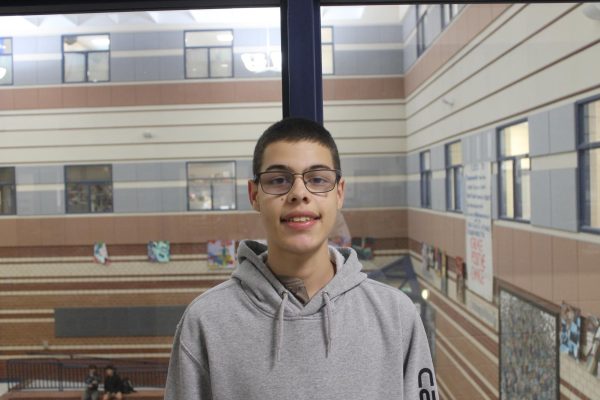
Oliver Musters, Staff Writer
I am Oliver Musters, a junior and journalism II student. I love writing articles concerning a variety of school-related subjects, and cannot wait for a terrific year in J2. Also, in my spare time, I enjoy working out, having exercised for about a year.
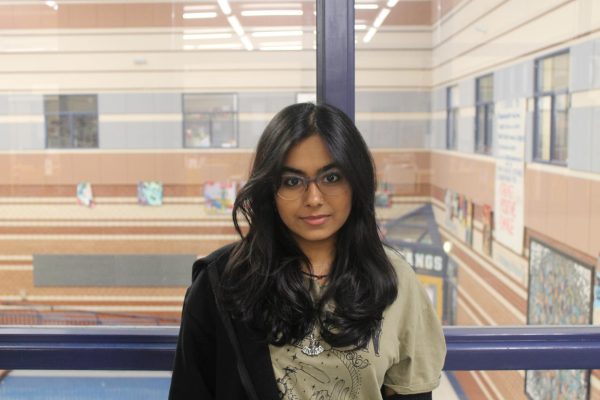
Zoya Ali, Editor
My name is Zoya and I’m a Senior at MRHS. This is my third year of journalism and I’m continuing as an editor; I also help produce the student-led comic! I love to read and paint. Excited to be here!



